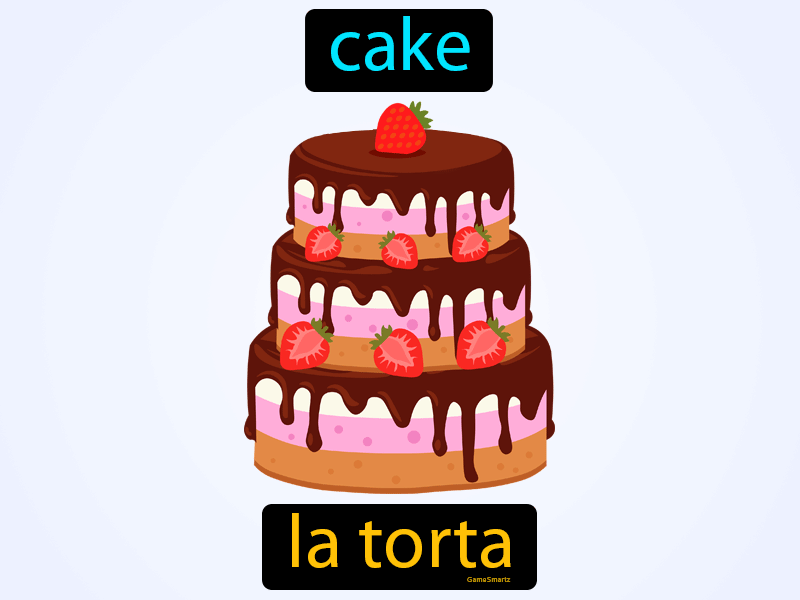"Torta" Slang In Urban Dictionary: Meanings, Usage & Origins
Have you ever stumbled upon a word, a phrase, a seemingly innocent utterance that morphs into a cultural touchstone, a signifier of something far deeper than its surface meaning? The journey of the word "torta" is precisely such a tale, a linguistic adventure through slang, cultural appropriation, and the ever-evolving landscape of how we communicate.
The genesis of this particular exploration often begins with a casual observation, a snippet of conversation overheard on a streaming service, a fleeting reference in a song. Take, for instance, the anecdote of the fellow who, witnessing his ex-girlfriend, remarks on her transformation, using the word "torta." It's a loaded word, a word that immediately sparks a range of interpretations. Is it a descriptor of physical change? Is it a judgment? Or, as the narrative suggests, something else entirely?
Before we delve further, let's establish the foundational context. "Torta," in its most straightforward form, refers to a sandwich, a culinary delight. Yet, within the vibrant tapestry of slang, especially in the Hispanic community of the United States, it takes on multiple meanings. The Urban Dictionary, that digital repository of colloquialisms, offers a revealing glimpse into its multifaceted usage. It suggests a spectrum of meanings, ranging from a playful acknowledgement of a woman's curvaceous figure to a potentially offensive descriptor. This elasticity highlights the dynamic nature of language itself. The word "torta" offers itself as a prime example of this dynamism.
| Aspect | Details |
|---|---|
| Definition in English | "Torta" is a slang term with multiple meanings, primarily originating from Hispanic communities. Its usage includes:
|
| Origin | Hispanic communities, particularly in the United States, draw from both Spanish and Mexican cultural backgrounds. |
| Usage Contexts |
|
| Potential for Offense | Calling someone "torta" can be offensive if used to single out someone based on their weight and compare them to a sandwich. Context is crucial; it's important to know the intention behind using the term. |
| Cultural Influence | Reflects and shapes cultural trends and contemporary language within Hispanic communities. |
| Related Terms |
|
| Examples |
|
| Reference | Urban Dictionary |
This is where the Urban Dictionary becomes a valuable resource. It's a crowdsourced compendium, a living, breathing organism of language. Definitions are submitted by users, reflecting emerging trends and contemporary nuances. While not without its detractors and occasional inaccuracies, it provides a crucial window into the ever-shifting currents of how words are being used and how meanings evolve. Furthermore, the existence of an "urban thesaurus," created by indexing a multitude of slang terms, reveals the intricate relationships and associations between words, revealing the subtle ways in which concepts are connected.
The term "torta face" offers another layer of understanding. It is not necessarily an insult. In many Hispanic communities, it's akin to a neutral nickname, describing someone with particular facial features, devoid of the negative connotation of an overweight person. This subtle difference demonstrates the power of context. Also, the Spanish insults, 'torta' and 'cara de torta' (face of a torta), are often directed at overweight or obese women, which has its equivalent in english. This distinction is important: the Spanish insult directly relates to body shape, using the sandwich as a comparison.
This nuanced understanding is crucial because language, especially slang, moves quickly. Words can be used in many ways, and the intention behind them is as important as the words themselves.
The slang use of "torta" frequently appears in Mexican music, movies, and television, adding to the richness of everyday life and humor. The use of the word is a signal. It signals belonging, shared experience, and common cultural understanding. For those within the cultural circle, it can be a badge of honor.
It's also critical to acknowledge the potential for harm. Depending on the context, calling someone a "torta" can be offensive. It can single out a person based on their weight, comparing them to a large sandwich. Language has the power to wound, and it is always prudent to consider the impact of our words on others. When used as a term of endearment or affection, caution is still advised. The line between endearment and insult can be razor-thin.
Slang's evolution is a fascinating case study in the dynamism of human communication. The term "torta" reflects this fluidity. This isn't merely about words and definitions. It is about community, culture, and the constant effort to find new and expressive ways to communicate. This is about how we create and share culture.
Another revealing layer is the use of the word "booligami." The term, derived from "bool" and "scorigami," is a creative combination of words demonstrating the creative aspect of language. The word is, in essence, a new word to capture a new experience.
As the Spanish from Madrid demonstrates the bread-related expressions, we see that "codo" is used to refer to the hard part of the bread. This is another example of how language evolves and changes based on region.
In the end, the journey of the word "torta" is a microcosm of the larger story of language itself. It is a story of change, of cultural influence, and of the perpetual human drive to communicate, create, and connect.


